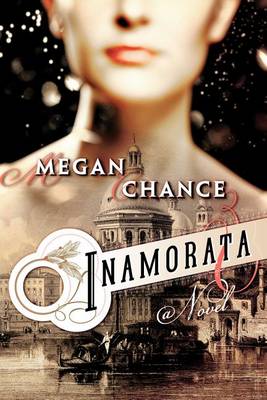
gmcgregor
Written on Aug 30, 2016
Her exact nature isn't spelled out until quite late in the book, but that Odile literally feeds on artistic talent is obvious from the outset. She takes two kinds of lovers: the minorly talented, like one-time poet Nicholas, who often commit suicide in despair after she drains their small gifts and leaves them, and geniuses, who she inspires to create a single transcendent work that they are never able to come close to again. That Joseph has the kind of gifts that Odile seeks is obvious to Nicholas when they meet, and whether he will be able to keep them from each other and what might happen if he fails to do so provides the narrative tension that keeps the story moving forward.
While the actual plot is pretty straightforward, there's actually a lot going on here: female power and agency in a world that wasn't comfortable with either, child sexual abuse, love of family versus romantic love and the tension between the two, the relationship of artist and muse, the difference between sex and love. Not all of it is developed especially well, but all of it comes into play. As a warning for the easily squicked out, the relationship between Joseph and Sophie is...uncomfortable. It's implied that they may have been forced into engaging in sexual acts with each other during their childhood, Joseph depicts Sophie in a sexually suggestive manner in his art, they kiss each other on the mouth in a way that other characters are taken aback by...it's not a full-on Flowers In The Attic situation, but it leans in that direction.
Besides that, my biggest complaint is that it drags. It takes forever to get to the point where Joseph and Odile meet and the stakes get raised. Odile's true identity is treated as a big reveal when it's really not, it became more-or-less clear what she was before it was confirmed by the book. She was probably the most interesting character, in her determination to make her mark and leave a legacy in a world which prized women for their beauty above all. Actually, the women are overall better served by the narrative, since Sophie's story was more compelling than Joseph's (which could have been better, but was underdeveloped) and Nicholas felt like an afterthought. But the writing is pretty good, and while it's occasionally improbable and weird and the pacing isn't perfect, the plot is serviceable if you're not thinking too hard. I wouldn't recommend it per se, but I wouldn't slap it out of someone's hands for their own good if I saw them reading it either.
